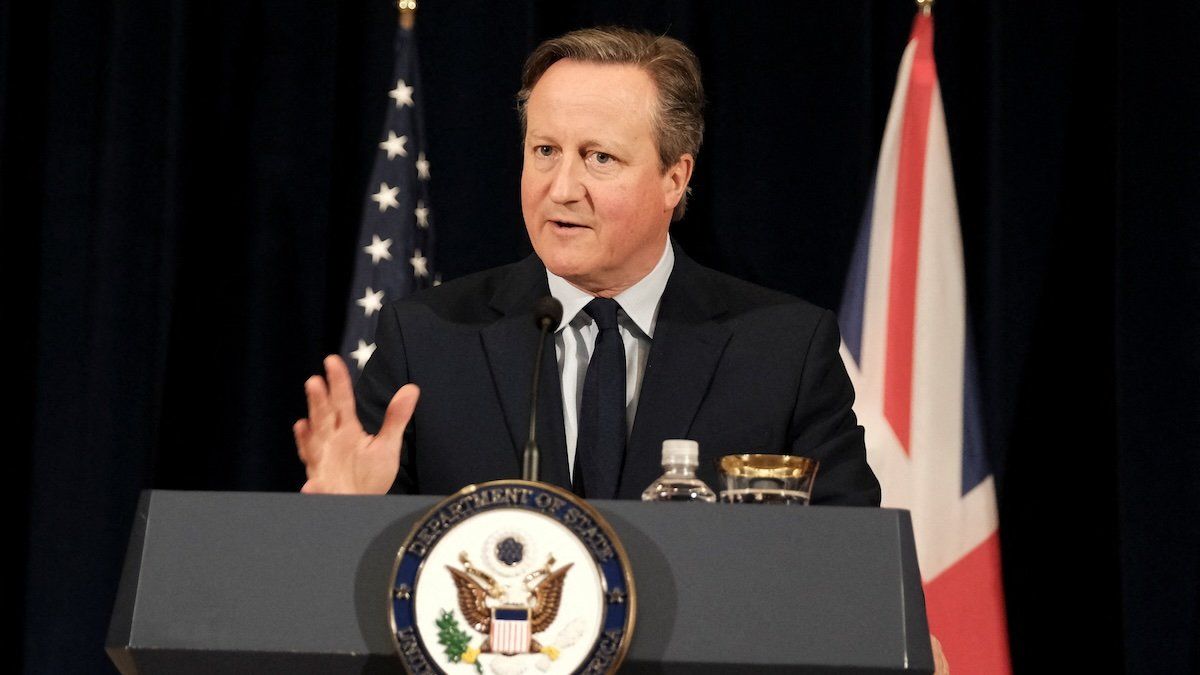UK Foreign Secretary David Cameron visited Washington on Tuesday to lobby for greater material US support for Ukraine, and Congress is likely to provide a package that includes help for Ukraine by the end of the month, according to analysis from Eurasia Group, our parent company.
The war, meanwhile, has settled into a grim exchange of attacks that are unlikely to speed an end to the fighting, but which target energy supplies. Russia continues to launch missiles against Ukraine’s energy infrastructure, and it has reportedly begun to prioritize targets like hydroelectric and thermal power stations outside Kyiv and other major cities that are less well-defended.
In response to the Russian barrage, the EU has announced that help is on the way. Austria, Germany, Sweden, and the Netherlands have offered 157 power generators as part of the EU Civil Protection Mechanism, and the EU itself has deployed 10 large-capacity power generators from its own stockpiles.
For its part, Ukrainian drones have repeatedly struck oil refineries deep inside Russian territory since the beginning of the year, and Russian air defenses haven’t yet found a way to defend against them.
